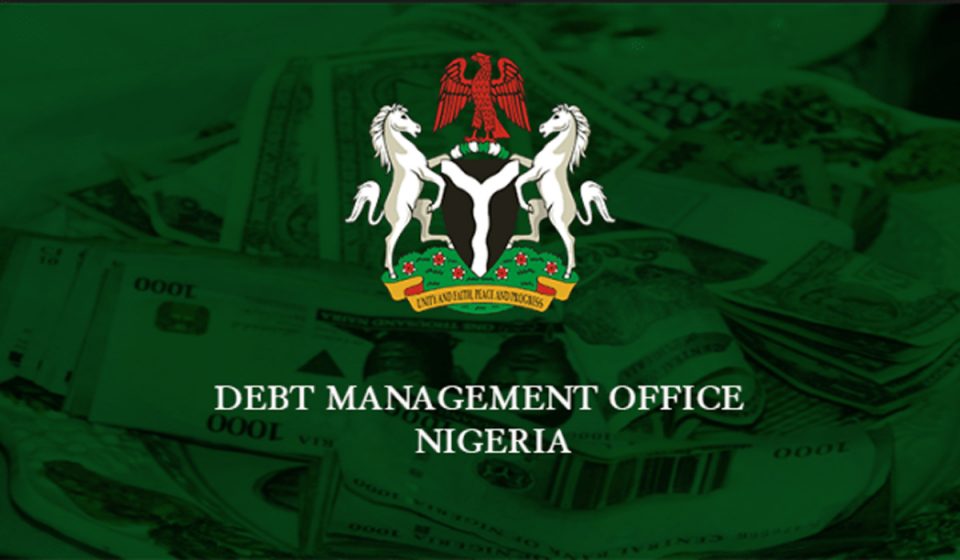The Debt Management Office (DMO) on Tuesday said the Federal Government’s savings bonds recorded N13.5 billion worth of investment since inception in March, 2017.
Mr Monday Usiade, Head, Market Development, DMO, stated this at the Retail Bond Workshop organised by DMO in partnership with the Nigerian Stock Exchange (NSE) and Stanbic IBTC Stockbrokers Limited in Lagos.
A breakdown of the data indicated that N2.07 billion, N2.69 billion, N1.55 billion and N891 million worth of investments were recorded in the first, second, third and fourth quarters of 2017, respectively.
Similarly, N583 million was recorded in Q1, N740 million in Q2, N1.21 billion in Q3 and N1.02 billion in Q4 of 2018, respectively.
Usiade said a breakdown of the transactions showed that 432 corporate investors invested a total of N1.75 billion, while 15,822 individuals accounted for N11.75 billion, bringing the total investment to N13.5 billion.
Usiade, represented by Ms Bose Olafisoye from DMO Market Development, said individual investors accounted for 87.06 per cent of the total investment.
He said 87.06 per cent was still below expectation, noting that DMO would embrace strategies aimed at attracting more investors to increase the figure.
Usiade noted that 77 per cent of the individual investors were from the South-West.
He added that further breakdown of the geographical distribution of investors showed that eight per cent of investors were from the Federal Capital Territory and South-South, respectively.
According to him, four per cent of the investors came from South-East and outside the country, and three per cent from North-East and North Central.
Usiade added that Jigawa and Yobe states recorded zero subscriptions, while Lagos, FCT, Oyo and Ogun contributed 75.54 per cent of the total investment.
“Eleven Distribution Agents (DAs) have not remitted any amount to the DMO from inception.
“Such DAs that are yet to submit subscriptions in all the auctions as well as other DAs with marginal returns till the end of the year may be de-registered.
“Given the analysis of the performance of the DAs, there is need for them to improve on their performance in order to meet stated objectives,” he said,
Usiade said though modest progress had been made, the FGN savings bonds were far from achieving the stated objectives.
Also speaking, Mr Oscar Onyema, NSE’s Chief Executive Officer, said the partnership of NSE with the DMO towards creating investment opportunities for retail investors in the debt market dated to the launch of NSE’s Retail Bond Market in 2012.
“With the launch of the NSE Retail Bond Market, the exchange sought to promote financial inclusion, while stimulating retail investor participation in the Nigerian debt market,” Onyema said.
He explained that prior to that time, investing in listed debt instruments had been dominated by institutional investors trading in wholesale denominations.
Onyema said in March 2017, the exchange in collaboration with the DMO, launched the FGN Savings Bond having recognised the opportunity presented by the Nigerian demographic to diversify government’s funding sources and enhance national savings culture.
“Since its debut issuance of NGN2.067bn, retail investors from across the six geo-political zones and the diaspora have invested in the FGN Savings Bonds with the DMO raising over ₦13 billion from 2-year and 3-year bond maturities as at July 2019.
“Despite these teeming efforts, only about three per cent of Nigeria’s adult population currently participate in the Nigerian capital market.
“This is an indication that there is need for increased collaborative efforts in promoting higher levels of financial inclusion in Nigeria.
“In achieving our strategic vision to become the preferred Exchange hub in Africa, we will continue to pursue initiatives that seeks to increase domestic participation in capital market through increased access to investment solutions,” Onyema added.




